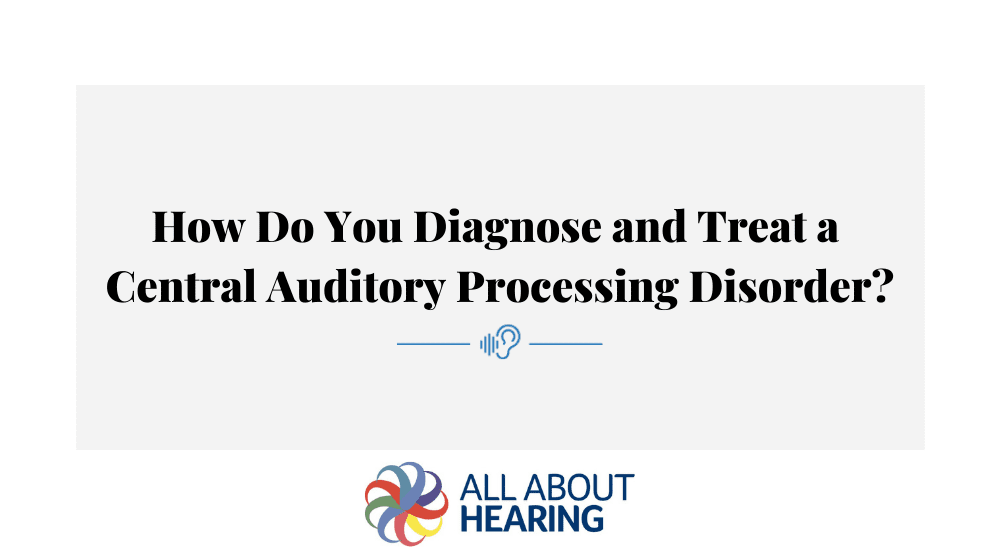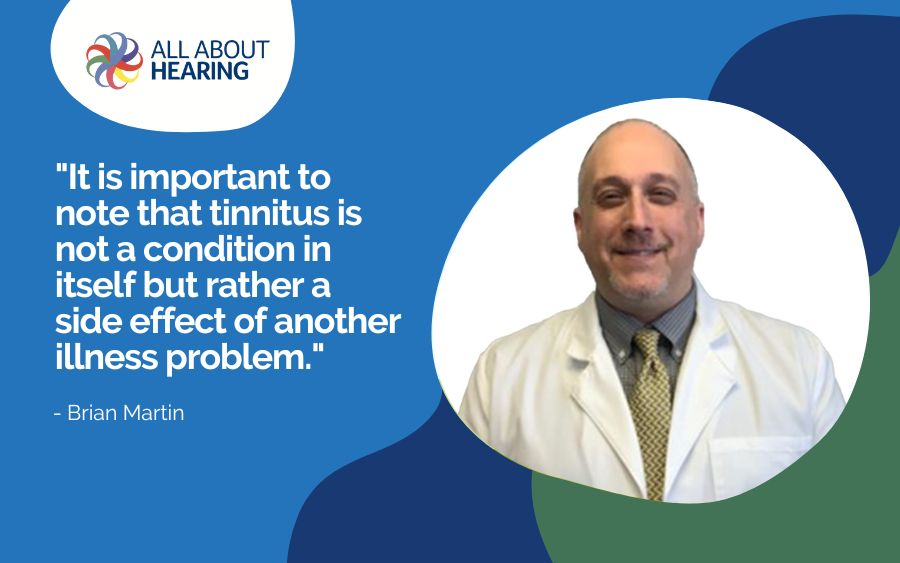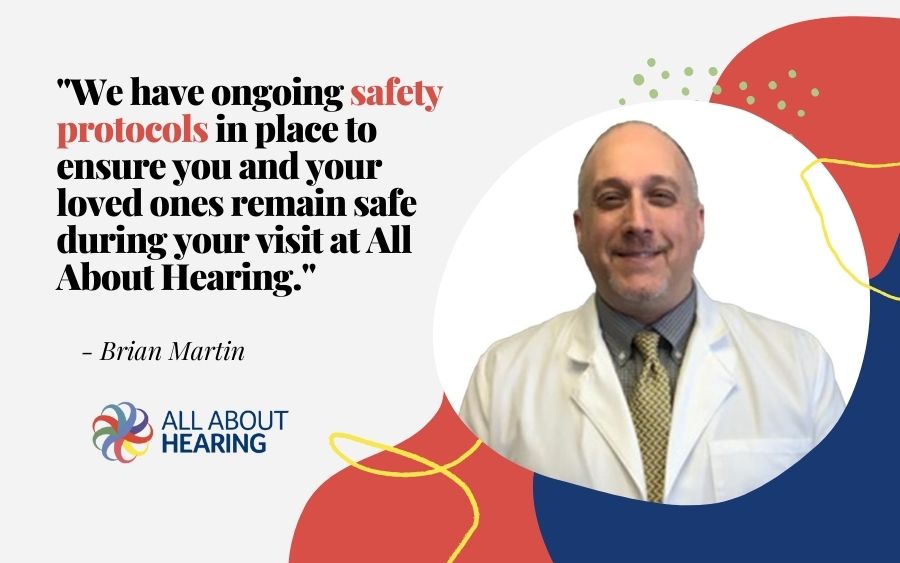As a doctor of audiology, I’m qualified to offer comprehensive diagnoses and treatments for a huge number of hearing-related issues. However, there are specific conditions for which I have specialist knowledge, and central auditory processing disorder (CAPD) is one of them. This complex condition requires specialist diagnostic techniques and care, as it differs from more common forms of hearing loss. These are some of the ways that we can test and treat for this issue at All About Hearing.
What is a central auditory processing disorder?
To many people, CAPD seems similar to a hearing loss, with those affected often struggling to understand what others are saying. But, importantly, this condition doesn’t result from a deficiency with someone’s overall ability to hear. Instead, it stems from a problem their brain has with processing sound information. Most commonly, we find this among young children, although adults can also acquire CAPD as they grow older.
It’s not a hugely prevalent condition. But The Hearing Health Foundation does estimate that around 2.5 million school-age children in the US have CAPD.
What are the symptoms?
Among children, it’s usual for someone with CAPD to show symptoms that many of us would associate with an attention deficit disorder. For instance, they may not look at you directly when you speak to them and have trouble understanding jokes, emotional emphasis, and intonation in speech, making conversation difficult for them to follow. Also, it might be that they can only pay attention to things on the television if the volume is very loud – well above what is normal.
In addition, someone with CAPD might have problems with rhyming and musical aspects of songs, sounding consistently tone-deaf if they try and sing along. Parents of those with CAPD are also likely to find that their child has trouble with spelling, reading, or saying words phonetically.
How do you test for CAPD?
During an assessment for CAPD, I will first examine whether my patient has normal hearing. If this is confirmed, I’ll begin a series of tests that will reveal if their brain’s sound processing capabilities are to blame for their symptoms.
This will involve stressing out their auditory system by testing them with several degraded signals, competing words, distorted speech, and analyzing their response. Once the results are interpreted, I’ll know if they have CAPD, and we can move forward with suggested treatments for their specific auditory processing needs.
What are the solutions for central auditory processing disorder?
It’s not common for audiologists to provide children with hearing aid treatments for CAPD. But one great solution for those studying in classroom settings is an FM system. These look like hearing aids, but they don’t amplify all the sounds found in a person’s local environment. The system comprises of a microphone, which a teacher attaches to their clothing, and a receiver, which a child wears in their ear.
This then amplifies just the information that the student needs to understand and helps them to stay focused during lessons. In addition, children with CAPD often perform better in class when they’re seated at the front, with small changes, such as asking teachers to speak more clearly, often having a big impact.
People with CAPD can also benefit from working with a speech therapist, who can improve how they process and understand sounds. As someone ages, they won’t always find they’re in settings that will be complementary to their condition, so it’s important that they learn coping mechanisms as early as possible.
If you have concerns about CAPD, please don’t hesitate to contact me or other members of the team at All About Hearing. Phone the office at (432) 689-2220, and we can help you rapidly!




